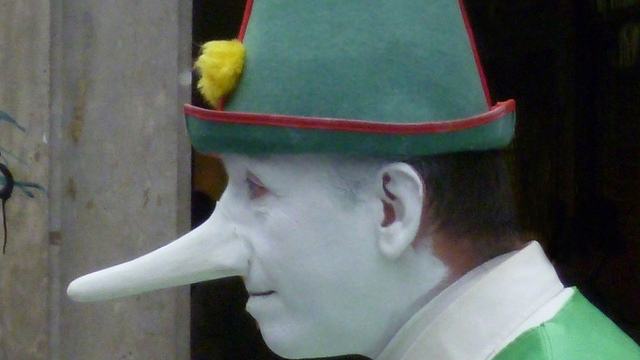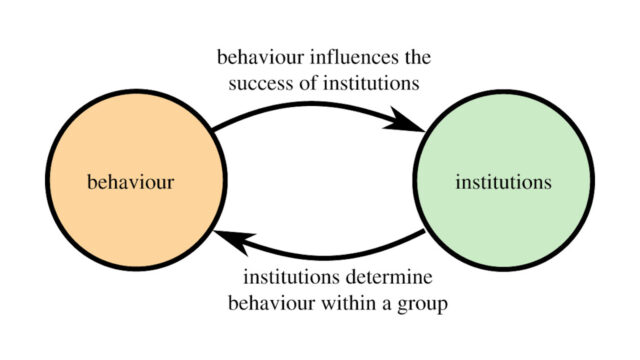
The brain adapts to dishonesty [2016’s top 100 journal articles]
This is part 2 of a miniseries reviewing selected papers from the top 100 most-discussed journal articles of 2016.
The Blue Fairy: You see, Pinocchio, a lie keeps growing and growing, until it’s as plain as a nose on your face.
Jiminy: She’s right, Pinoke. You better come clean.
Pinocchio: I’ll never lie again! Honest, I won’t!1
Dishonesty is a part of our social world, significantly impacting personal lives and public institutions. While lies may not be as obvious as the nose on Pinocchio’s face, a new paper2 finds evidence for a gradual increase in dishonesty with repetition. The paper is article #18 of the top 100 most-discussed journal articles of 2016.
The paper authors state that:
This experimental result is consistent with anecdotal observations of small digressions gradually snowballing into larger ones. Our results also offer a mechanistic account of how dishonesty escalates, showing that it is supported by reduced activity in brain regions previously associated with emotion, predominantly the amygdala.
Previous studies have shown that the amygdala plays “a key role in signaling, processing and assessing arousal and emotion.” The authors also state that:
Our results also suggest that dishonesty escalation is contingent on the motivation for the dishonest act. Specifically, while the magnitude of dishonesty was driven by considerations of benefit both to the self and to the other, the escalation of dishonesty, as well as the amygdala’s response to it over time, was best accounted for by whether dishonesty was self-serving. When participants were dishonest for the benefit of someone else, dishonesty at a constant rate was observed.
From their findings, the authors advise that:
These insights may have implications for policy makers in designing deterrents to halt deceit. Despite being small at the outset, engagement in dishonest acts may trigger a process that leads to larger acts of dishonesty further down the line.
Header image source: Pinocchio by Rosmarie Voegtli is licensed by CC BY 2.0.
References:
- Pinocchio (1940 film). Wikiquote. https://en.wikiquote.org/wiki/Pinocchio_(1940_film). ↩
- Garrett, N., Lazzaro, S. C., Ariely, D., & Sharot, T. (2016). The brain adapts to dishonesty. Nature Neuroscience. ↩
Also published on Medium.





